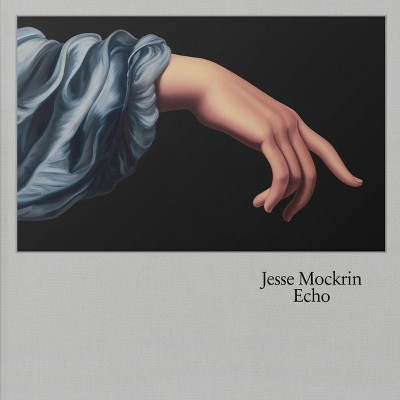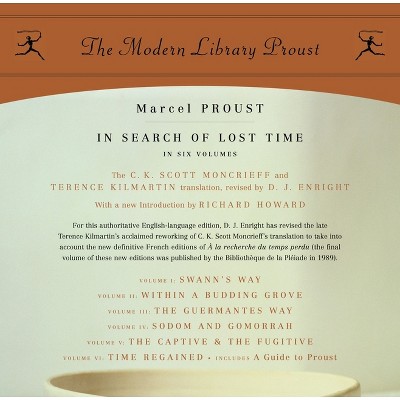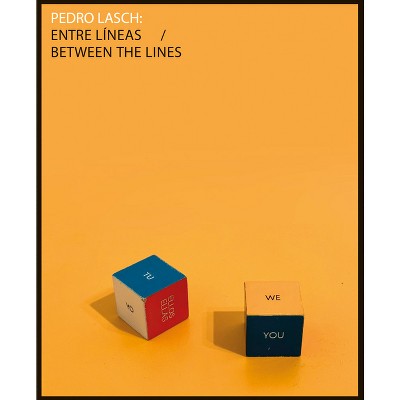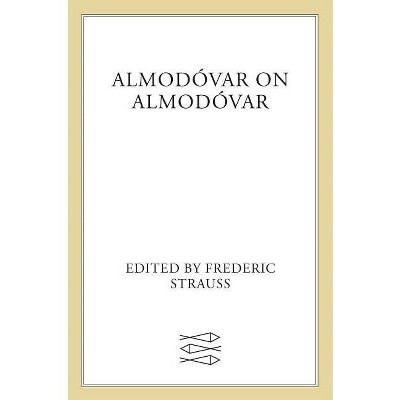Sponsored

The Passion of Pedro Almodóvar - by James Miller (Hardcover)
In Stock
Sponsored
About this item
Highlights
- The films of Pedro Almodóvar teem with characters who at once are and are not alter egos of the director.
- About the Author: James Miller is professor of politics and liberal studies at the New School for Social Research.
- 216 Pages
- Performing Arts, Film
Description
About the Book
James Miller considers seven of Pedro Almodóvar's most personal films, arguing that together they offer a revealing self-portrait of the director and his search for meaning.Book Synopsis
The films of Pedro Almodóvar teem with characters who at once are and are not alter egos of the director. In film after film, the Spanish auteur mines his past for alternative selves, telling and retelling formative stories from his own life, plumbing the depths of his memory while exploring other lives he might have led. What can Almodóvar's work tell us about the quest for self-knowledge--for understanding who we are and who we might yet become?
James Miller considers seven of Almodóvar's most personal films, arguing that together they offer a revealing self-portrait of the director and his search for meaning. Beginning with Volver, Miller traces Almodóvar's signature obsessions backward and forward through the director's filmography. Deeply shaped by the counterculture of the 1960s--which arrived belatedly in Franco's Spain--Almodóvar has long been fascinated by the exhilarating power and devastating limitations of artistic and sexual transgression. In rich readings, Miller shows how Almodóvar tests the blurry line between fiction and reality, the bounds of individual freedom, and the durability of a sense of self. In so doing, the director turns cinema into a form of philosophical investigation and self-exploration. A keenly observed, masterfully written portrait of one of world cinema's greatest creative forces, The Passion of Pedro Almodóvar finds in film new ways to tell the story of a life.Review Quotes
Thoughtful and lively.... The panorama of Almodóvar's films suggests a sustained struggle to understand the limits of his own professed egotism and nihilism, and a broader reflection, rooted in the western philosophical tradition, on the limits of personal freedom, our yearning for transcendence, and the meaning that we can ascribe to accidents and chance events of life - albeit accidents and chance events that always, in the Almodóvar cosmos, play out in a vortex of colour, music and melodrama.-- "The Times Literary Supplement"
Miller illustrates how Almodovar's life plays out on screen (while helpfully reminding us of all the twists and turns of his page-turner plots)....But where Miller takes flight is by bringing out the deep-dish philosophy within Almodovar's intricate, passionate stories.-- "Air Mail"
The Passion of Pedro Almodóvar provides new and comprehensive insight into the historical context and artist influences, as well as the creative processes, of an auteur who is widely beloved and unusually prolific.-- "LA Review of Books"
In The Passion of Pedro Almodovar, James Miller offers an eclectic survey of the career of one of Spain's greatest filmmakers. [He] displays a profound understanding of Almodóvar's work...-- "The Washington Post"
Insightful...Miller's study is a bracing reminder of the greatness and ever-evolving genius of this world-class artist.-- "The Arts Fuse"
For all its brevity this is an astonishingly rich and capacious portrait as Miller shows us how deeply and
definitively Almodóvar has been shaped by his place and time--from rural Spain to city boy under the repressive Franco regime; through education at a Catholic boarding school under predatory priests, with an escape into the fantasy of movies; and finally to the thrilling liberations of the urban counterculture. Just as important as the icons of sexual self invention--Warhol, Marilyn Monroe, John Waters--was the emerging art house cinema where he instantly found his creative path to self-definition. Miller's examination of the seven films that best illustrate the philosophical and aesthetic strains that inform Almodóvar's sensibility is a must read for movie lovers. I can't wait to go back and watch them again.
A smart work of cinema studies for fans and serious scholars.-- "Kirkus Reviews"
In Miller's hands, Pedro Almodóvar's work emerges as a feast of creation, driven by a quest to describe, account for, and keep faith with his shared history and with himself. With wit and grace, Miller conjures from Almodóvar's lamp a genie who is constantly testing the filmmaker's hard-won philosophy of art against his life and his life against that philosophy.--Greil Marcus, author of Lipstick Traces: A Secret History of the Twentieth Century
This ambitious book treats Almodóvar seriously as both trailblazing artist and transgressive moralist. As an introduction to Almodóvar, it's not likely to be bettered; as a meditation on artmaking as self-fashioning, it's essential reading, and an important addition to Miller's brilliant body of work.--Garth Greenwell, author of Small Rain
About the Author
James Miller is professor of politics and liberal studies at the New School for Social Research. Among his books are Can Democracy Work? From Ancient Athens to Our World (2018); Examined Lives: From Socrates to Nietzsche (2011); Flowers in the Dustbin: The Rise of Rock and Roll (1999); and The Passion of Michel Foucault (1993).
















